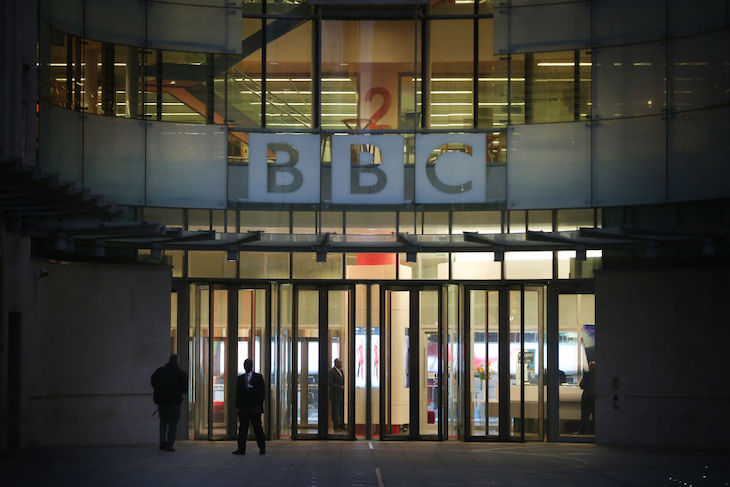As an increasingly jaded BBC hack, I reacted to the creation of BBC Verify last May with temple-rubbing despondency. The definition of ‘verify’ is to ‘to prove that something exists or is true, or to make certain that something is correct’. This is, in essence, the most basic rule of journalism.
Already a subscriber? Log in
Subscribe for just $2 a week
Try a month of The Spectator Australia absolutely free and without commitment. Not only that but – if you choose to continue – you’ll pay just $2 a week for your first year.
- Unlimited access to spectator.com.au and app
- The weekly edition on the Spectator Australia app
- Spectator podcasts and newsletters
- Full access to spectator.co.uk
Or




















Comments
Don't miss out
Join the conversation with other Spectator Australia readers. Subscribe to leave a comment.
SUBSCRIBEAlready a subscriber? Log in